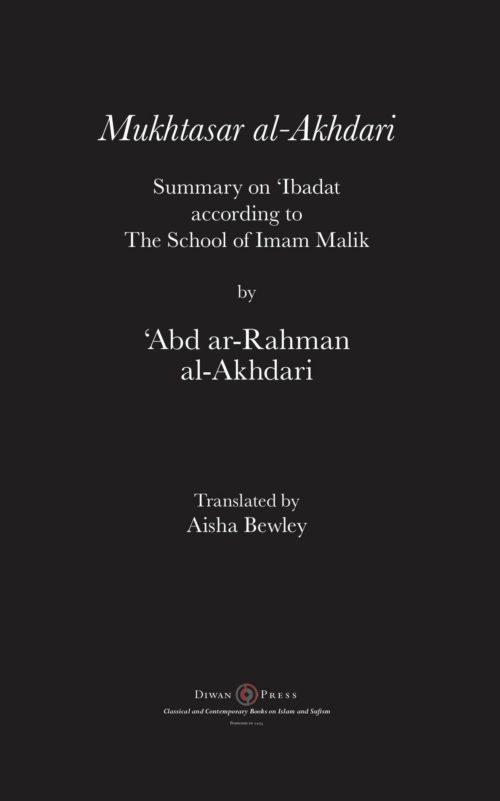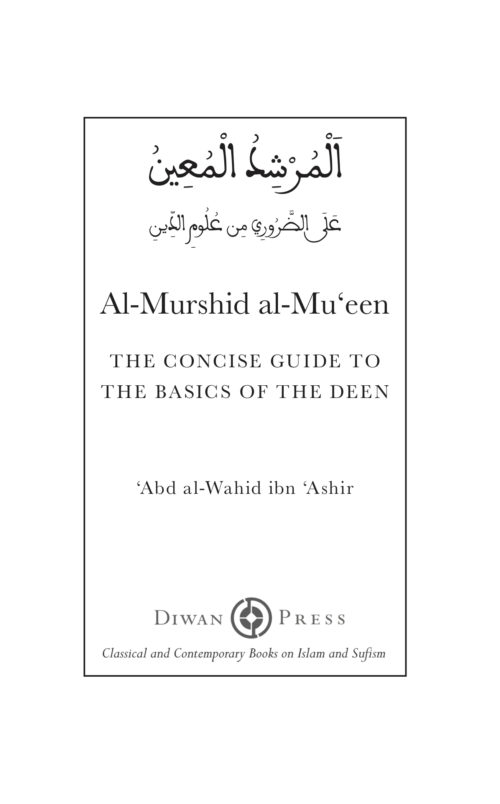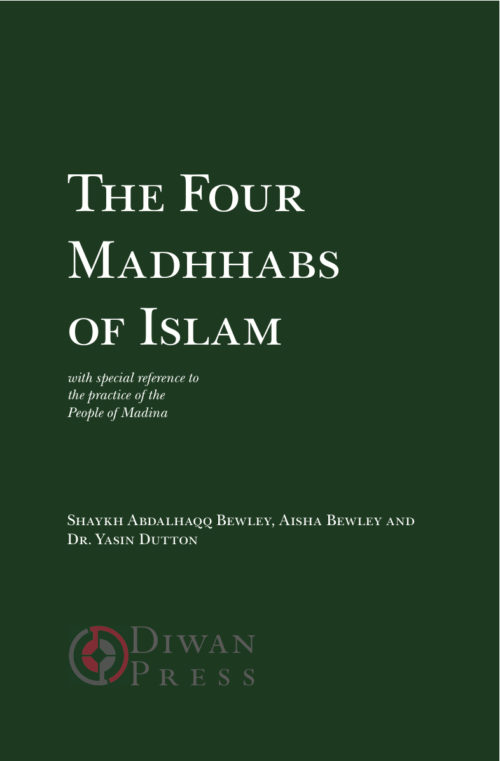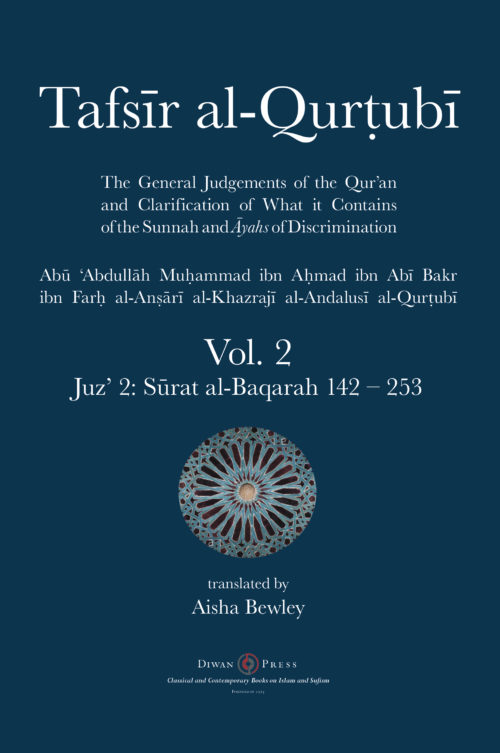Description
For many the concept that zakat as a pillar has fallen will come as a shock, but for others this will supply the key to the recovery of the deen itself and thus success.
After substantiating the proposition that the pillar has fallen and the reasons for that, Zakat – Raising a Fallen Pillar comprises a complete overview of the fiqh of zakat, and then the road to its recovery.
Given that zakat is an act of worship carried out by means of wealth and monetary matters, the second section, The Gold Dinar and the Islamic Money System, investigates this, giving particular attention to currency and the importance of the open market established by the Prophet, peace be upon him, and assumed by Islamic fiqh. The author then looks to an implementation strategy for the halal, free and open market with a sound currency.
Given the widespread understanding that not only is capitalism in serious trouble, but that it is an intrinsically unjust system, then here we have a clue to a post-capitalist way of transacting at whose core is the act of worship that is zakat, which does justice to the poor by giving them access to capital not merely handouts, and to the rich by purifying their wealth for them to enjoy it without guilt.
This is the second edition of the book.
Abdalhaqq Bewley
Abdalhaqq accepted Islam in 1968 and spent some years in Morocco learning about Islam. Since that time he has worked on the establishment of Islam and Muslim communities, in the process living and teaching in Nigeria, the US, Czechoslovakia, Germany, Spain, the Caribbean, and the UK. He is the author of Islam, its Basic Practices and Beliefs and with his wife Aisha Bewley translator of The Noble Qur’an, a New Rendition of its Meanings in English. He currently resides and teaches in Bradford.
Amal Abdalhakim-Douglas
Amal Douglas was born in the UK of Jamaican parents and schooled in the UK until age thirteen when the family returned to Jamaica. After high school, university, working in various family businesses (alternating between shopkeeper, bartender and bus conductor) and time as a very young civil servant, he returned to the UK, worked for a while in the “the City” (London’s financial district). His first major solo business venture was as a travel and shipping agent in Paddington, and as an entrepreneur he has not looked back since.
As an author (Hajj) Amal has written several books including Call of The Twice Removed, written and produced the play Diary of a ‘Son of Africa’, and founded with others the Open Trade Network. He is a well known business coach and trainer with Olympic Sprint Business Coaching and speaks extensively on issues of gold as currency, fundraising, fair & open trade, zakat & halal trade and supporting small to medium enterprises
14 x 19.1 cm. 128 pages








Reviews
There are no reviews yet.